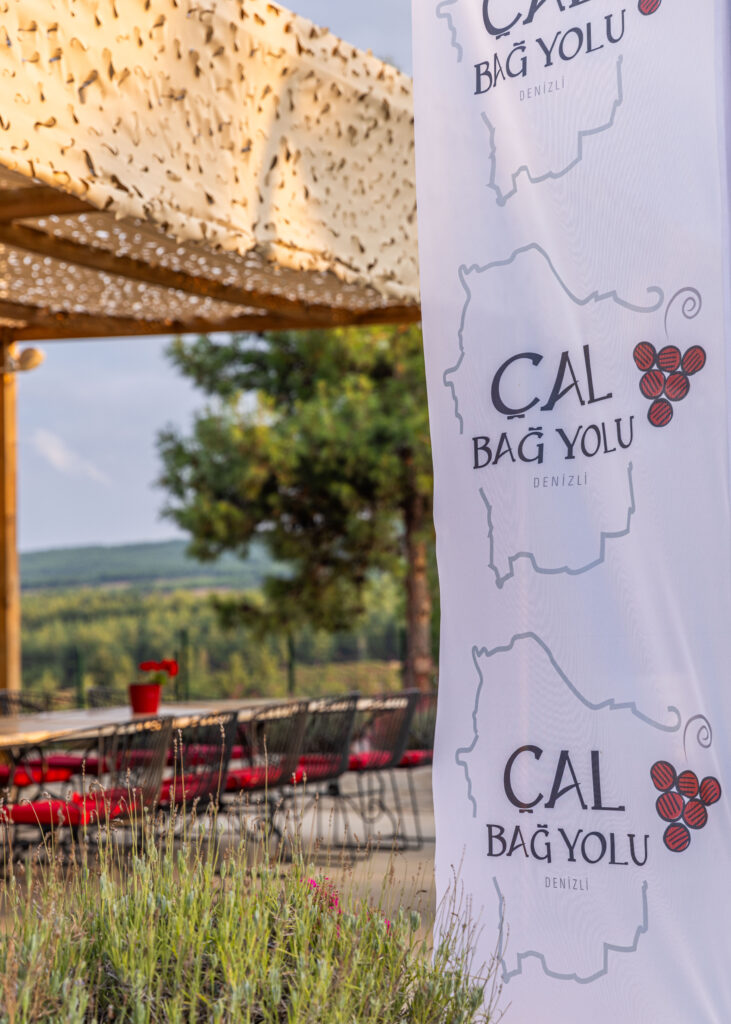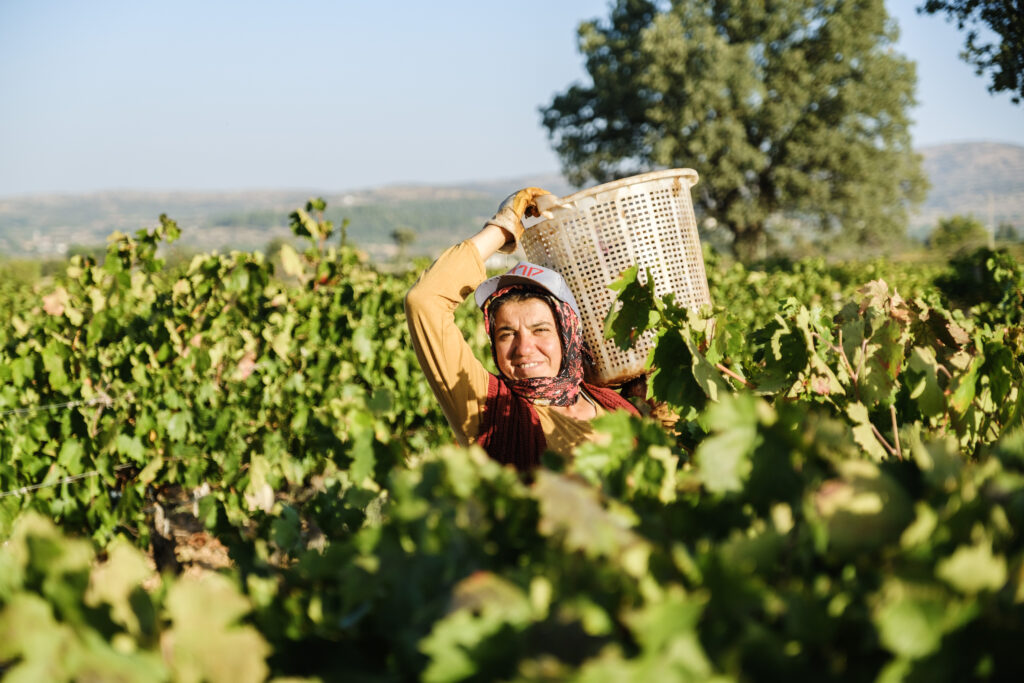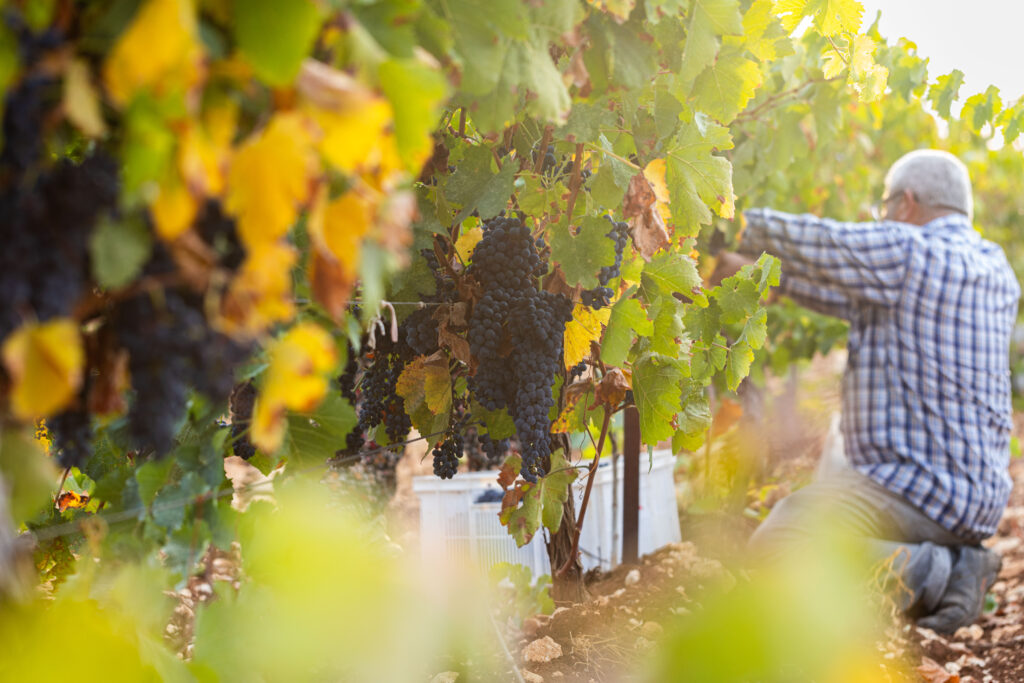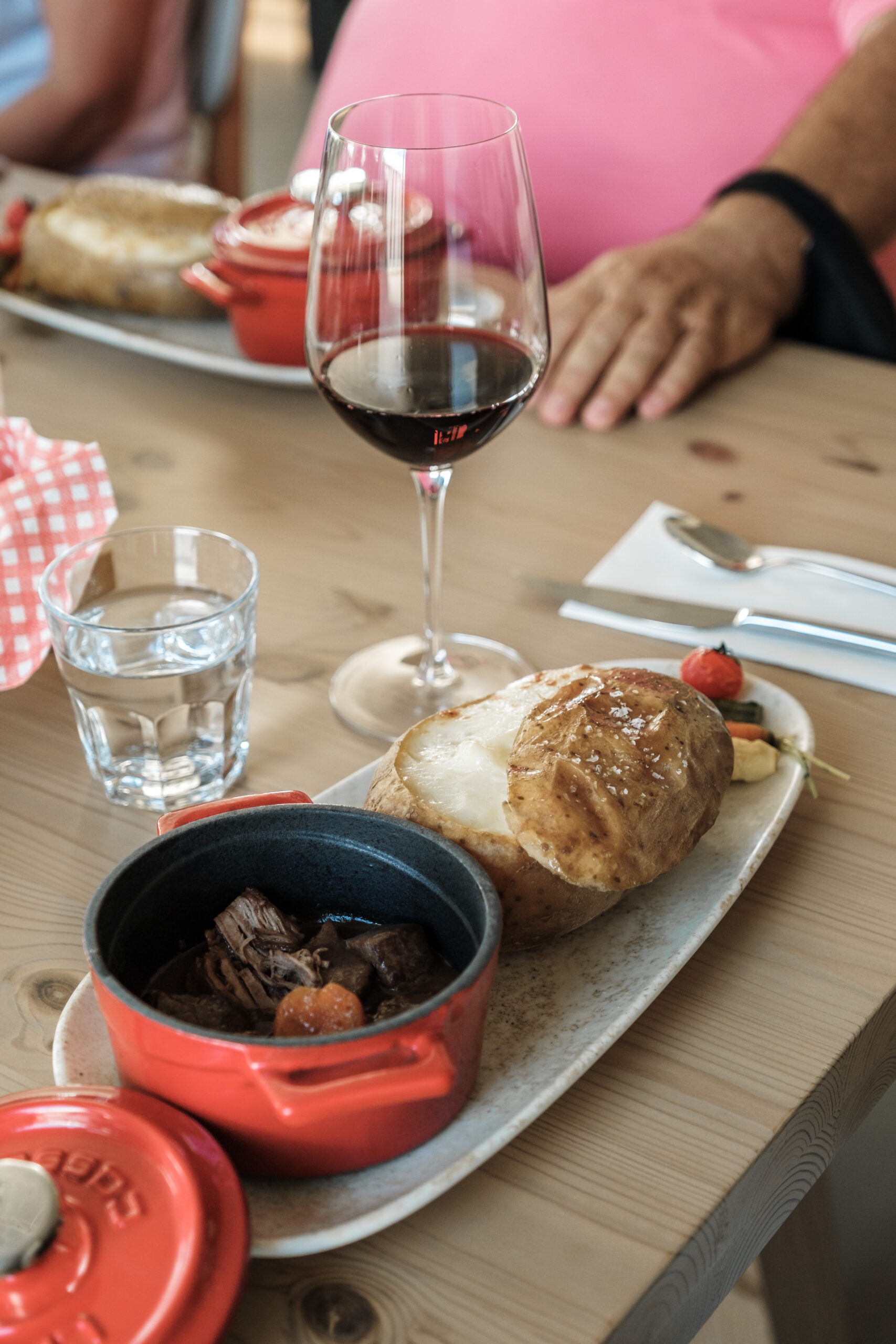Bringing Anatolia’s Ancient Viticultural Heritage into Europe’s Enotourism Landscape
The Iter Vitis Cultural Route is pleased to welcome the Çal Vineyard Route (Çal Bağ Yolu) from Türkiye as a new member of its international network starting from April 2025. This milestone marks an important expansion of the Iter Vitis family into the heart of Anatolia — a cradle of grapevine domestication and home to one of the world’s longest-standing viticulture regions, with over 3,500 years of continuous wine-growing tradition.
The inclusion of the Çal Vineyard Route, coordinated through the Anadolu Gastro-Tourism Association, strengthens Iter Vitis’ mission to promote cultural diversity, sustainable rural development, and heritage-based tourism across Europe and beyond.

Türkiye’s Best-Kept Enotourism Secret — Ready to Be Discovered
Located in Denizli Province, inner western Türkiye, the Çal Vineyard Route is a young yet promising destination on the country’s emerging wine tourism scene. Established in 2023, the route connects several boutique and family-run wineries in a region known for its high-altitude vineyards, scenic landscapes, and authentic hospitality.
Just a short drive from Denizli Airport, the UNESCO World Heritage Site of Pamukkale–Hierapolis, and the ancient city of Laodicea — one of the Seven Churches of the Book of Revelation — the route offers easy access and a rich sense of discovery. Visitors are invited to explore one of Türkiye’s most vibrant and authentic wine-growing regions up close.

Vineyards, Grapes, and Terroir
At the heart of Çal’s wine identity lies its indigenous red grape variety, Çal Karası, a symbol of local pride and resilience. Wines made from this grape are known for their fresh acidity, red fruit aromas, and elegant balance — qualities that reflect the region’s unique terroir of limestone soils and cool continental climate.
Recent studies have revealed a fascinating link: Çal Karası shares genetic roots with Liatiko, one of Crete’s signature grape varieties, highlighting the deep cultural and biological connections between Anatolia and the Mediterranean.
Beyond its signature Çal Karası grape, the region surprises visitors with a rich mosaic of both indigenous and international varieties — including Öküzgözü, Kalecik Karası, Chardonnay, and Merlot. Thanks to Çal’s unique terroir — with its high-altitude vineyards, limestone- and clay-rich soils, and centuries-old vine-growing tradition — each variety expresses itself with remarkable clarity and character. For curious wine lovers, the route offers an unexpected tasting journey where local heritage meets global elegance in every glass.

The Çal Vineyard Route currently features four pioneering wineries, each contributing to the region’s growing reputation for quality and innovation:
- Küp Winery – Established in 1959, Küp is not only the oldest winery in Çal, but also one of the most historic in Türkiye. Visitors can explore the original winery building — a living symbol of the Turkish Republic’s early winemaking era — and experience how the country’s wine culture has evolved over the decades. Tastings are also offered in the modern production facility, where guests can sip wines while overlooking the impressive aging cellar, guided by knowledgeable local experts.
- Erdel Winery – Founded in 2005, Erdel is dedicated to revitalizing its hometown of Hançalar, once a bustling settlement along the historic Meander River. With a deep connection to its roots, Erdel has expanded its vision into gastronomy through its fine dining restaurant, Hanchalar. Named after the village itself, the restaurant offers an intimate culinary experience where local ingredients are thoughtfully transformed into refined, contemporary dishes — celebrating the region’s flavors with creativity and care.
- Lermonos Wines – Founded in 2021, Lermonos is a woman-owned winery inspired by the unifying power of wine. It offers a warm and authentic experience rooted in community, tradition, and genuine connection. Guests are invited to linger over relaxed meals at the winery’s casual restaurant, where stone-oven pizzas and local specialties pay tribute to the traditional recipes once shared among vineyard workers. For those wishing to immerse themselves more deeply in the landscape, Lermonos also features a cozy two-bedroom guesthouse tucked among the vines — a true escape to the heart of Çal’s wine country.
- Kuzubağ Winery –A heartfelt father-daughter initiative, Kuzubağ tells the story of a family returning to its roots, building an award-winning, architecturally striking winery in their ancestral village. Set within a scenic vineyard estate, the winery offers expertly guided tours, curated tastings overlooking sweeping vineyard views, and beautifully paired platters of local cheeses and charcuterie.

Alongside wine tastings, visitors can discover the region’s natural and cultural gems — from the “cotton castle underground” of Kaklık Cave, to the Kısık Canyon tracing the ancient Meander River, to trekking routes in Mount Çökelez. The itinerary expands further with visits to UNESCO-listed Pamukkale–Hierapolis, as well as the ancient cities of Laodicea and Tripolis — making the Çal Vineyard Route a truly holistic journey through taste, history, and nature.
The Çal Vineyard Route is more than a tourism initiative — it is a community-driven project that promotes local entrepreneurship, sustainable farming, and the preservation of rural traditions. Through its inclusion in the Iter Vitis network, the route benefits from international cooperation, best practice exchange, and cross-promotion within Europe’s cultural route ecosystem.
This partnership embodies the Iter Vitis vision: to foster economic and cultural vitality in rural territories through wine, landscape, and shared heritage.
A Cultural Bridge from the Cradle of Vines to Europe
By joining the Iter Vitis Cultural Route, the Çal Vineyard Route positions Türkiye as a vital link between the ancient viticultural cultures of the Mediterranean. It offers travelers, researchers, and professionals new opportunities for cross-cultural discovery, sustainable tourism, and heritage exchange.
As Iter Vitis continues to expand its network, the addition of Çal strengthens the narrative of wine as a universal language — one that connects people, places, and stories across borders.
